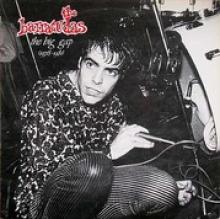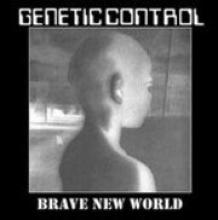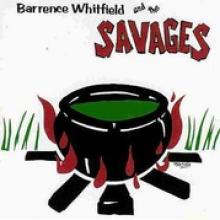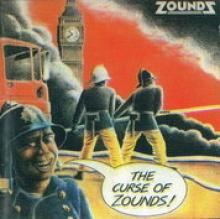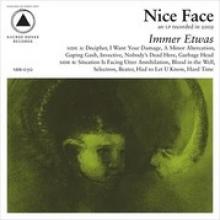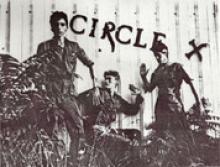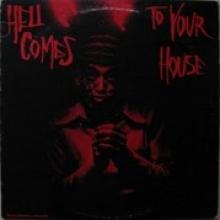The Barracudas: A UK Confusion
There are endless accounts of labels not knowing or being able to figure out what to do with punk related groups who on occasion sussed out some really good (almost) pop fair. Looking back at the Sire Records’ roster at the dawn of the ‘80s points towards the confusion. That imprint is generally thought of as the first major label in the States to embrace the genre. But with such an unruly sprawl of sound – the Talking Heads didn’t obviously sound like the Ramones – Sire couldn’t do too much in the way of real marketing. It did it’s best, but there’re still more folks who don’t know those aforementioned groups than own their records.
The Barracudas had nothing to do with the New York scene – the cohort was based in England. But that didn’t stop the ensemble for being a confusion for its label honchos. After being snatched up amidst the punky fervor, the band was granted an opportunity to record a single. They did. The problem, though, was that the label saw fit to create a surfer persona for the group seeing as it had a few tracks that touched upon the culture and worked up a number of instrumentals as well. So, the Barracudas’ first single finds t he band attired as if it was ’64 or so and were friends of the Beach Boys. Too bad it was the tail end of the ‘70s and the Barracudas liked drugs and punk rock – even if its punk was as tied to pop stuff as the Ramones.
There’s still a tough garage thing going on over the course of the Barracudas’ recorded history. There’s even a live rendition of “Boss Hoss” that crops up on The Big Gap. Taking in that song should grant listeners the ability to hear not just the punk thing that was going on, but how indebted to hard edged garage rock the band was, making its public persona even more ridiculous.
If there was actually a more adept marketing guy swimming around in the UK, the band might not have disintegrated. As it is, the Barracudas called it a day during 1984. But by that point it can’t be said that punk had any commercial viability left in its soul as the scene turned in on itself, in fighting took over and an overt politicism drove groups away from the mainstream.
The Barracudas’ relative pop affinity serves to point out the schism that would rip the genre asunder – and to a certain degree result in hardcore turning into a music with close ties to metal. If everyone was able to retain some semblance of their original vision punk might be something completely different today. The Clash wouldn’t have tried out funk and rap. Unfotunately, the Barracudas’ got into some of that (almost) new wave stuff as well. “On a Sunday” might not be the best example, but it finds the band miles away from the garage cum punk confections it worked with earlier. There’re worse stories in the annuls of punk, but the Barracudas could have been something more than whatever it wound up becoming.
